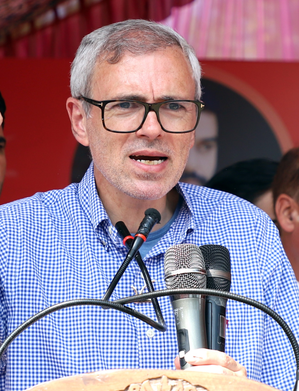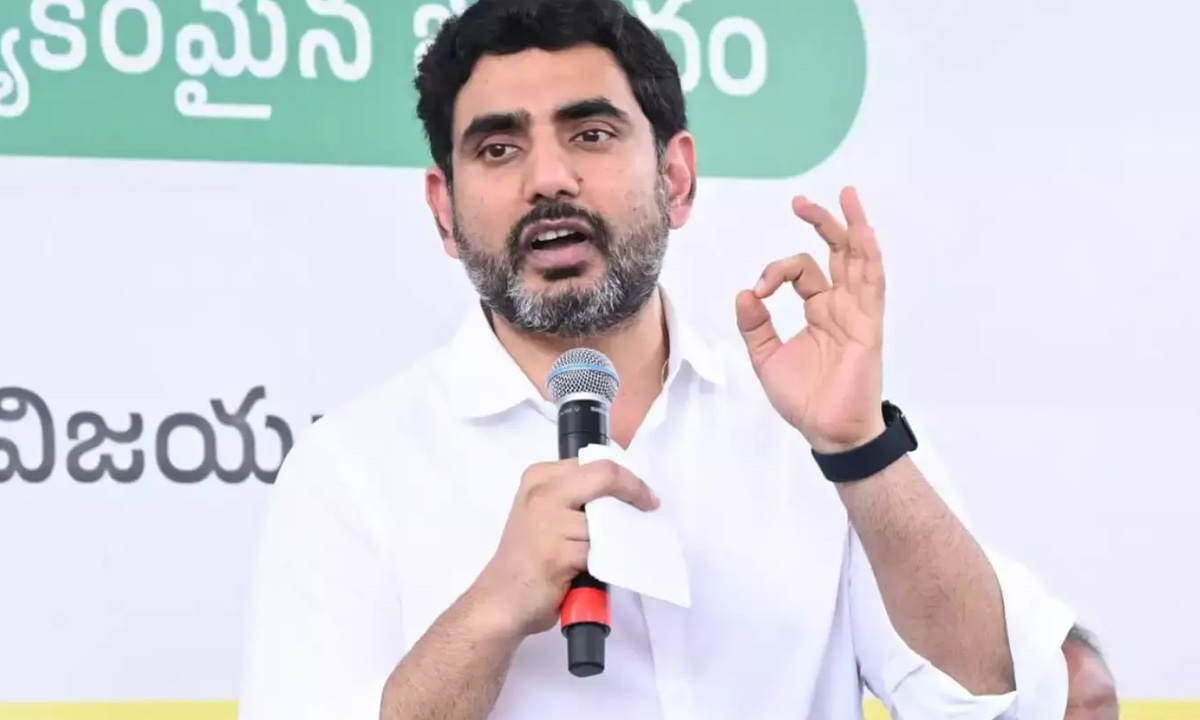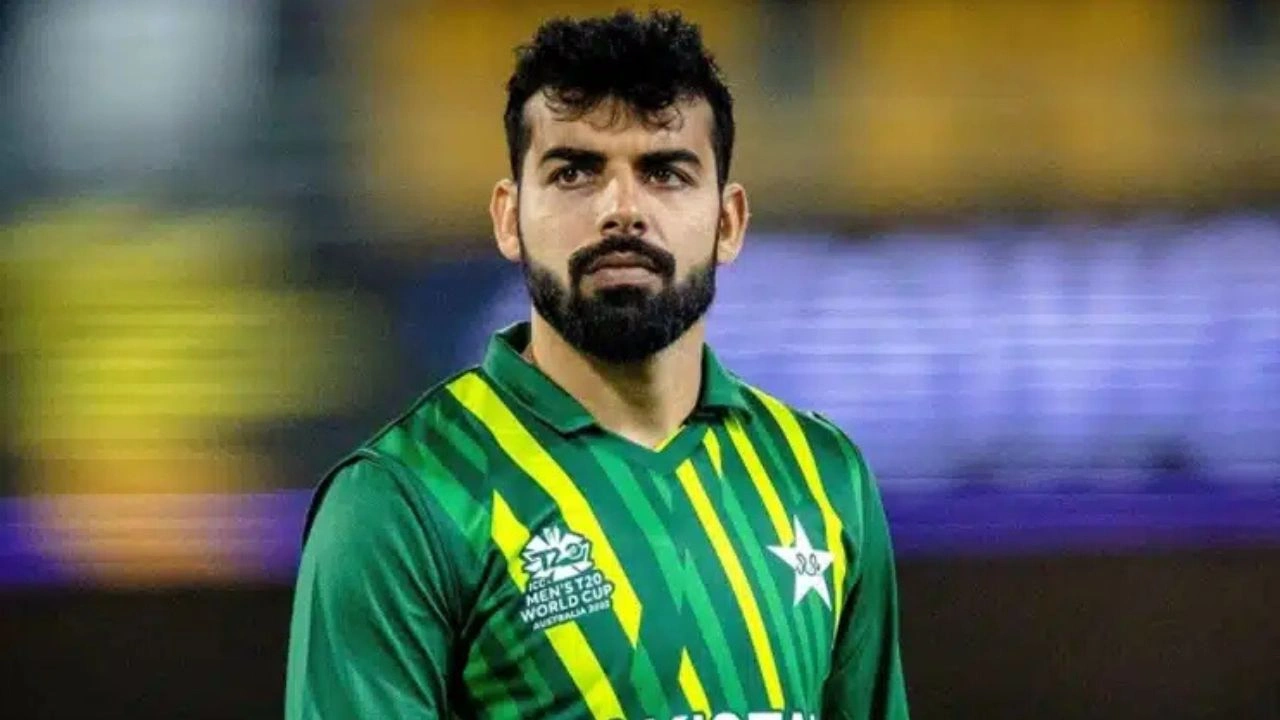National Conference (NC) Vice-President Omar Abdullah will take oath as the Chief Minister of Union Territory of Jammu and Kashmir (J&K) on Wednesday.
The 54-year-old Omar Abdullah is upbeat about the mandate the people gave him to become the Chief Minister of J&K for the second time, but there are some pitfalls awaiting him.
On the eve of the swearing-in, the guessing game over who would be a part of Omar’s Cabinet continued.
Under the J&K Reorganization Act, the state government can have only nine Ministers, including the CM. Omar must ensure representation to both Jammu and Kashmir provinces, and several different ethnicities, given the complexities of the UT, within that limited number.
The house that Omar Abdullah occupied as the Chief Minister, and was made to vacate after abrogation of Article 370 and revocation of the rule that provided every former Chief Minister an official accommodation till life, has been freshly painted and refurbished.
He is expected to shift to this residence on the high-security Gupkar Road, a stone’s throw away from the residence of his father, NC Chief and former Chief Minister Farooq Abdullah, on the same street.
People were seen lined up outside the residence of the Abdullahs in the morning to greet Omar Abdullah on his new assignment.
As Chief Secretary, Atul Dulloo and DGP Nalin Prabhat had come to call on the incoming Chief Minister, the people outside were politely told to wait till the junior Abdullah was free to meet them.
Many old and new faces among the 42 MLAs of the NC are aspiring for a berth in the Council of Ministers, unmindful of Omar Abdullah’s worry to accommodate everybody in the same council of ministers that can have only 10 members including the Chief Minister.
Old faces in the race are former Finance Minister, Abdur Rahim Rather; former Road and Buildings Minister, Ali Mohammad Sagar; and former Social Welfare Minister, Sakina Itoo, while new faces are also in the race for the ministerial posts.
Some of them have been trying to reach the incoming Chief Minister through the latter’s friends and prominent party men. Some among the new faces claim to have defeated ‘giants’ like Ghulam Hassan Mir of the Apni Party, Imran Raza Ansari of the People’s Conference, Asiya Andrabi, Sartaj Madni, Abdul Rehman Veeri, and Mehboob Beg of the Peoples Democratic Party.
Omar Abdullah’s major worry is not who to choose or drop from among his MLAs in the Valley. His main worry is to ensure that he accommodates the MLAs from the Jammu division that has given 29 seats to his rivals in the BJP and just one to his allies in the Congress.
Given the splitting apart of the people’s mandate between the Valley and the Jammu division, the major concern for the elected government in J&K would be to bridge the chasm between the two regions. This will require bridging both political and emotional distances.
How Omar Abdullah manages this apparently impossible trapeze act, needs to be seen.
After the festivities are over, the elected government will settle down to business. The major difference between AAP chief Arvind Kejriwal and Omar Abdullah cannot be overlooked. Kejriwal became the Chief Minister of Delhi when the powers of the Chief Minister were already well known to him. He never expected a free hand in running his government as the Lieutenant Governor was always there to breathe down his neck. Kejriwal has said in a lighter vein that he is prepared to share his experience of running a “half government” with Omar Abdullah.
The problem is that Omar Abdullah was the Chief Minister of J&K when the Governor was just a constitutional figure restricted to Raj Bhavan and attendance at university council meetings etc. Omar Abdullah had his own way at that time while from Wednesday onwards, he will have to look up at the Lt Governor for support and space.
Given his experience of running J&K for the last 4 years, it is fair to expect that Manoj Sinha will support and allow space to the elected government. More than the Lieutenant Governor acting as the guide and support giver to Omar Abdullah, the latter needs to realise that he is the Chief Minister of a Union Territory where his and his council of ministers’ power are no longer the same as they were in the past.
The question of who reigns and who rules will have to be kept aside by the incoming Chief Minister as long as he wants to deliver on promises of development, healthcare, education, tourism, civic amenities, etc.
Applying himself to contentious issues will deprive Abdullah of both time and strength, and he can continue his fight for statehood without bringing other developmental priorities to a standstill.










